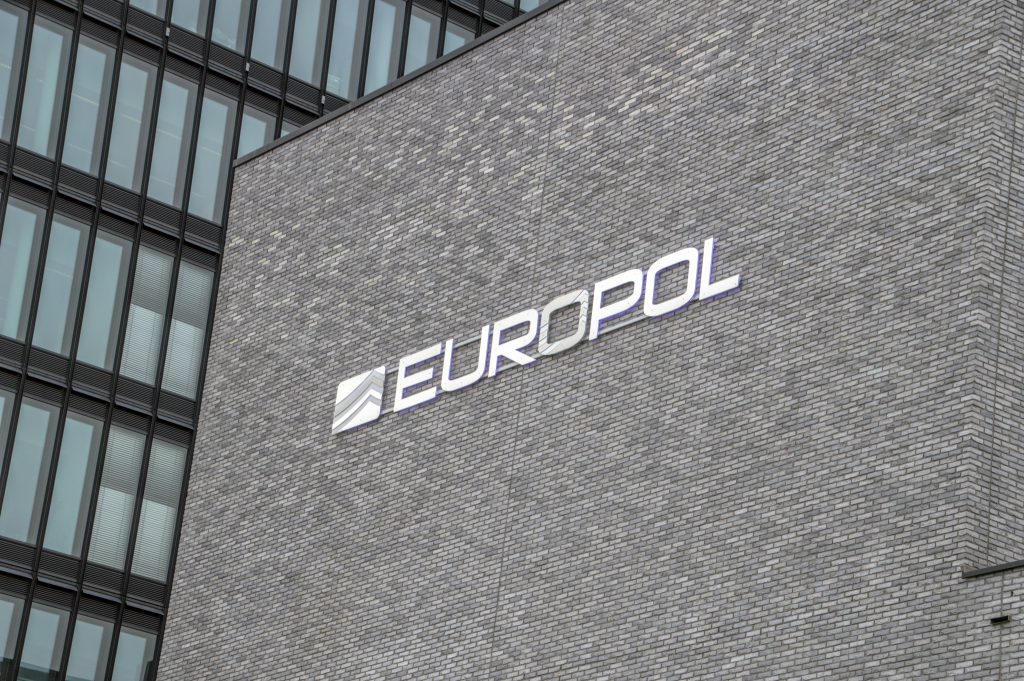EESC backs proposal to strengthen Europol’s mandate

The European Economic and Social Committee is calling for an increased level of cross-border investigations through Europol with regard to serious attacks against whistle-blowers and investigative journalists who play an essential role in exposing corruption, fraud, mismanagement and other wrongdoing in the public and private sector.
The appeal was made in an opinion on the European Commission’s proposal to strengthen Europol’s mandate, which was presented by Prof. Philip Von Brockdorff – the UHM’s representative in this institution. The EESC is an EU advisory body comprising social partner representatives from all Member States.
Europol is the European Union’s law enforcement agency. Based in The Hague, the Netherlands, it supports the 27 EU Member States in their fight against terrorism, cybercrime and other serious and organised forms of crime. It also works with many non-EU partner states and international organisations.
Under the Commission’s proposal, the allocation for Europol between 2021 and 2027 will increase by €180 million while 160 new positions will be created to strengthen its operations. Furthermore, it is also being proposed to create a new alert category of the Schengen Information System as at present Europol is unable to provide Member States’ law enforcement authorities with real-time information from third countries or international organisations on persons who have been suspected or convicted of criminal and terrorist offences.
A key issue flagged in this opinion is the fact that Europol’s work still relies heavily on the activities and actions of Member States and the data gathered by national law enforcement agencies. To this end, the EESC is proposing an independent review of Europol’s effectiveness in executing its tasks and activities possibly by retired senior members of the judiciary and police force. Such exercise would examine how national law enforcement practices and data-gathering affect analyses and assessments produced by Europol, and how in turn this affects national law enforcement activity. The review would comprise the views of civil society and social partners and relevant stakeholders, especially those groups and individuals whose lives could be wrongly or unjustifiably affected by law enforcement activities.
In its position the EESC noted that reinforcing Europol’s mandate is a step in the right direction as a higher degree of collaboration between Member States is key to fighting organised crime. In the wake of the increasingly globalised environment the EESC is floating the idea on whether Europol should be vested with the authority to act on its own initiative. “Should Europol have a right to initiate investigations and to pro-actively execute law enforcement activities in Member States?” the committee asks. While pointing out that at present this is forbidden, it notes that developments in criminal activity necessitate a debate as to whether criminal investigations on a wide scale ought to be initiated by Europol.
Given that organised crime has become a global phenomenon involving cross-border criminal activities, it makes no sense adopting a fragmented approach. Member States should at least work together and have a central coordinating unit acting as a driver behind the investigations. Just like the EU adopts a centralised approach on banking issues through the European Central Bank, there should also be a sort of regulator at EU level against organised crime.
